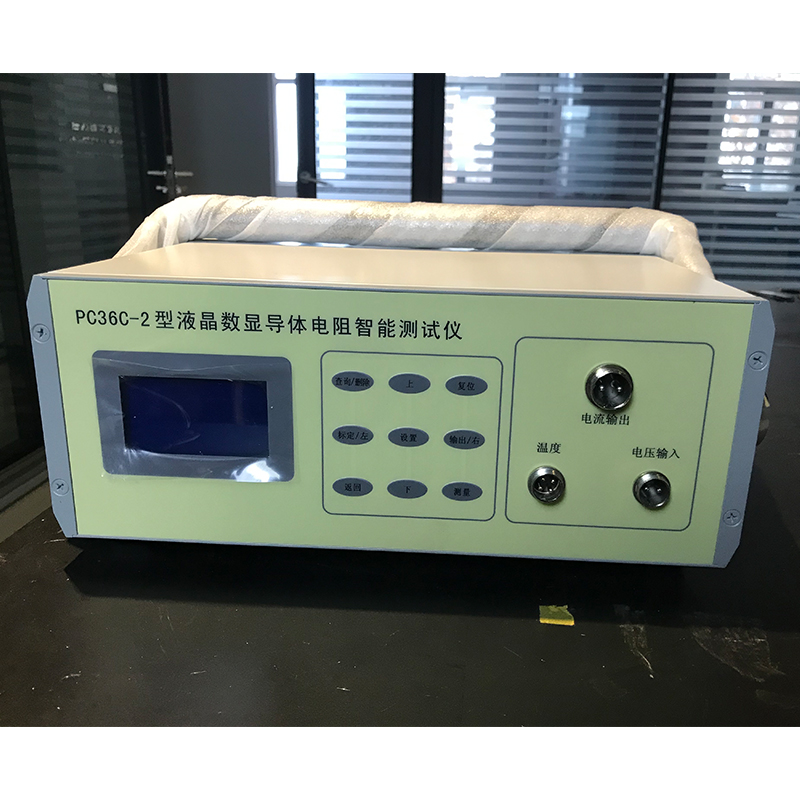Factories Specializing in Electronic Tensile Testing Machines for Precision Material Analysis
Exploring Electronic Tensile Testing Machine Factories
In today’s rapidly advancing manufacturing landscape, the demand for high-quality materials and precise testing equipment is more pressing than ever. Among the pivotal tools in material science is the electronic tensile testing machine, which plays a crucial role in evaluating the tensile properties of various materials, from metals to polymers. This article delves into the factories that produce these sophisticated machines, shedding light on their operations, technological advancements, and the significance of their contribution to various industries.
Understanding Electronic Tensile Testing Machines
An electronic tensile testing machine is designed to apply a controlled tensile load to a sample until it fails, allowing engineers and researchers to measure its strength, elongation, and elastic modulus. These machines operate using advanced electronic systems, offering precise control over load application and highly accurate measurement of displacement and force. With applications in various sectors, including aerospace, automotive, construction, and consumer products, the reliability and accuracy of these testing devices are paramount.
The Role of Factories in Manufacturing
Factories specializing in electronic tensile testing machines are often equipped with state-of-the-art technology and skilled labor. The manufacturing process involves several key stages, including design, material selection, assembly, and testing. Here, engineers work on innovative designs that incorporate the latest technologies such as digital load cells, servo motors, and user-friendly interfaces. The design phase is crucial, as it not only influences the machine's functionality but also its durability and ease of use.
Once the design is finalized, factories proceed to select high-quality materials that can withstand the stresses exerted during testing. Metals, composites, and alloys are commonly used for frames and load cell construction, ensuring that the machines can operate efficiently and reliably under various testing conditions.
Innovative Manufacturing Techniques
The use of advanced manufacturing techniques, such as Computer Numerical Control (CNC) machining, 3D printing, and robotic automation, has revolutionized the production of electronic tensile testing machines. CNC machining allows for precise and repeatable fabrication of components, while 3D printing enables the rapid prototyping of designs. Automation not only speeds up production but also reduces the likelihood of human error, resulting in consistent product quality.
electronic tensile testing machine factories

Furthermore, many factories are adopting lean manufacturing principles to enhance efficiency and reduce waste. This approach not only cuts costs but also leads to a more sustainable production process, aligning with the global push for eco-friendly manufacturing practices.
Quality Assurance and Testing
Quality assurance is a critical aspect of manufacturing electronic tensile testing machines. Factories implement rigorous testing protocols to ensure that every machine meets industry standards and customer requirements. This includes calibration of load cells, verification of electronic components, and conducting performance tests under various load conditions. Many factories also adhere to international testing standards, such as ASTM and ISO, which enhances their credibility and market acceptance.
The Global Market and Demand
The global market for electronic tensile testing machines is expanding, driven by rising demand from industries that prioritize material quality and safety. As manufacturers face increasing competition, the need for reliable testing equipment becomes essential. Factories that specialize in electronic tensile testing machines are well-positioned to meet this demand, offering tailored solutions that cater to the specific needs of different sectors.
Moreover, with the growing emphasis on research and development, educational institutions and laboratories also contribute to the market, seeking high-performance testing equipment to support their studies and experiments.
Conclusion
In conclusion, electronic tensile testing machine factories play an integral role in the manufacturing sector by providing essential equipment that ensures the reliability and safety of materials across various industries. As technology continues to evolve, these factories are poised to innovate further, improving the functionality and accuracy of their offerings. The intersection of advanced manufacturing techniques and rigorous quality assurance practices ensures that electronic tensile testing machines will remain a backbone of material testing for years to come. The pursuit of excellence within these factories not only meets industry standards but also fosters a culture of quality and innovation that is vital in today’s competitive landscape.
-
reliable-performance-testing-with-advanced-aging-chamber-solutions
NewsAug.23,2025
-
advancing-precision-with-profile-projector-technology
NewsAug.23,2025
-
uv-led-ultraviolet-crosslinking-technology-innovation-and-prospects
NewsAug.23,2025
-
ensuring-safety-and-compliance
NewsAug.23,2025
-
electrical-properties-testing-in-modern-applications
NewsAug.23,2025
-
universal-tensile-testing-machine-applications-in-modern-electrical-and-material-testing
NewsAug.23,2025
 Copyright © 2025 Hebei Fangyuan Instrument & Equipment Co.,Ltd. All Rights Reserved. Sitemap | Privacy Policy
Copyright © 2025 Hebei Fangyuan Instrument & Equipment Co.,Ltd. All Rights Reserved. Sitemap | Privacy Policy

